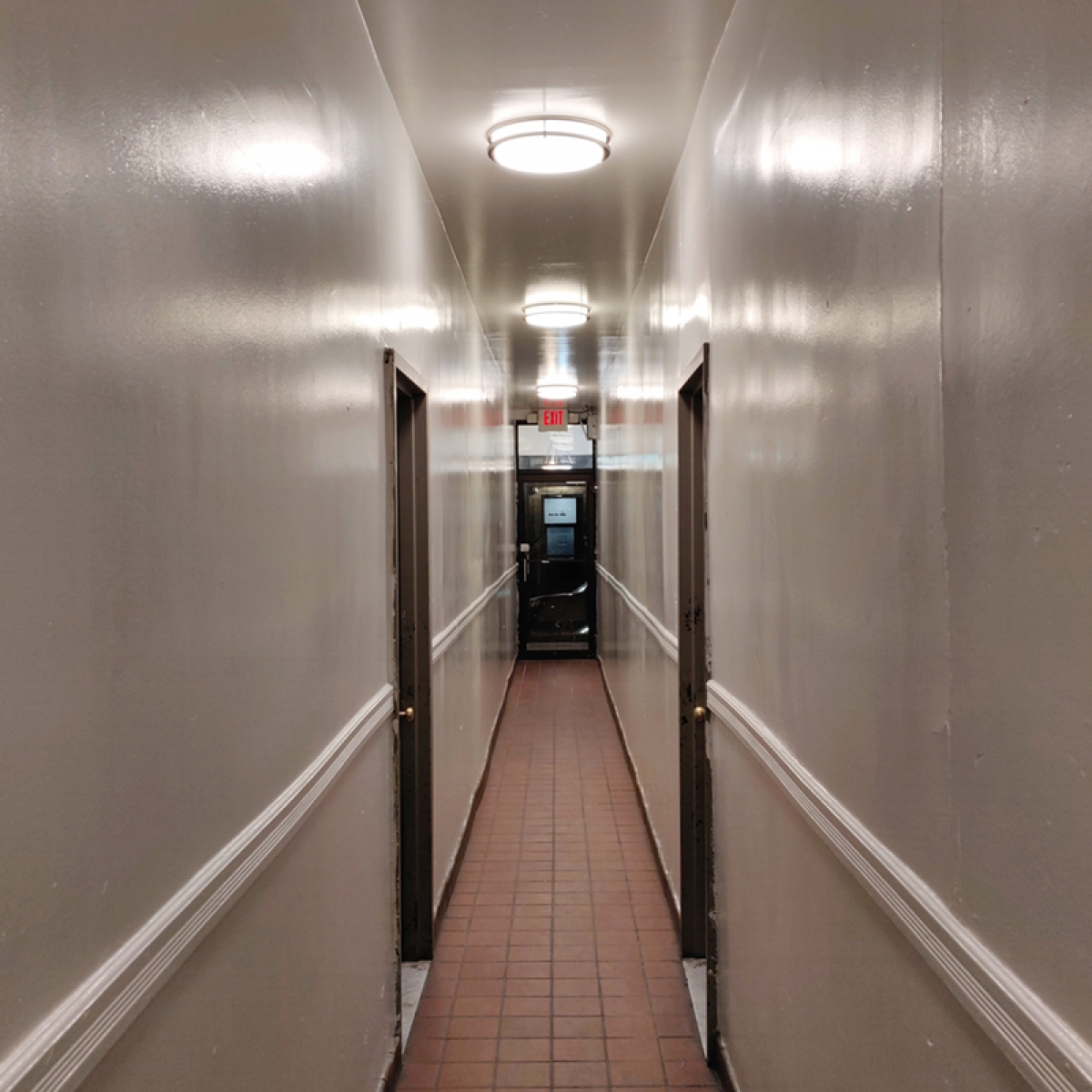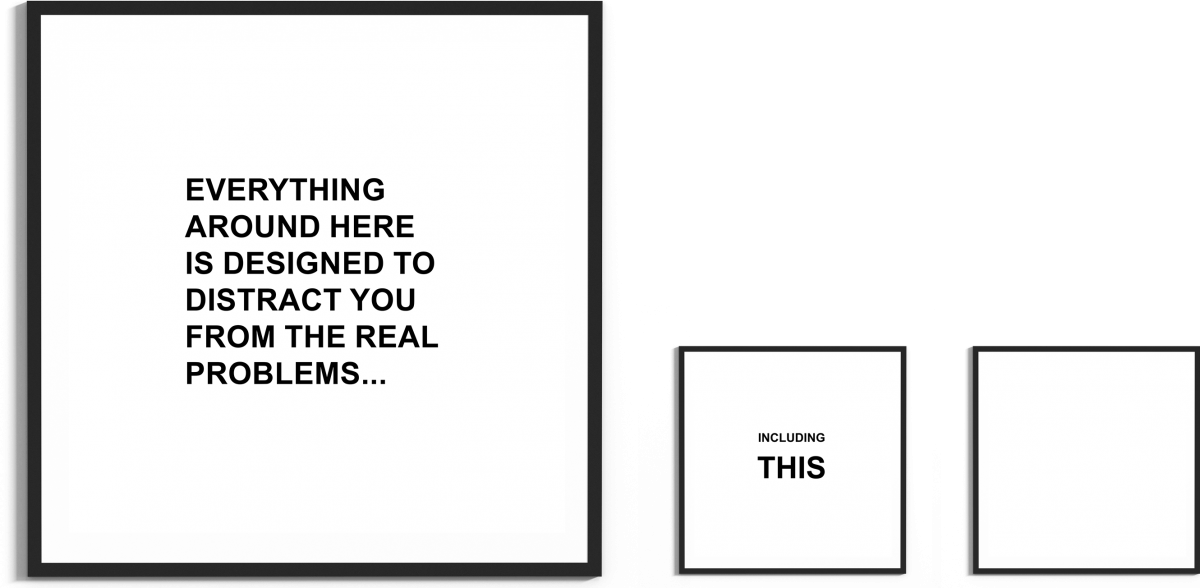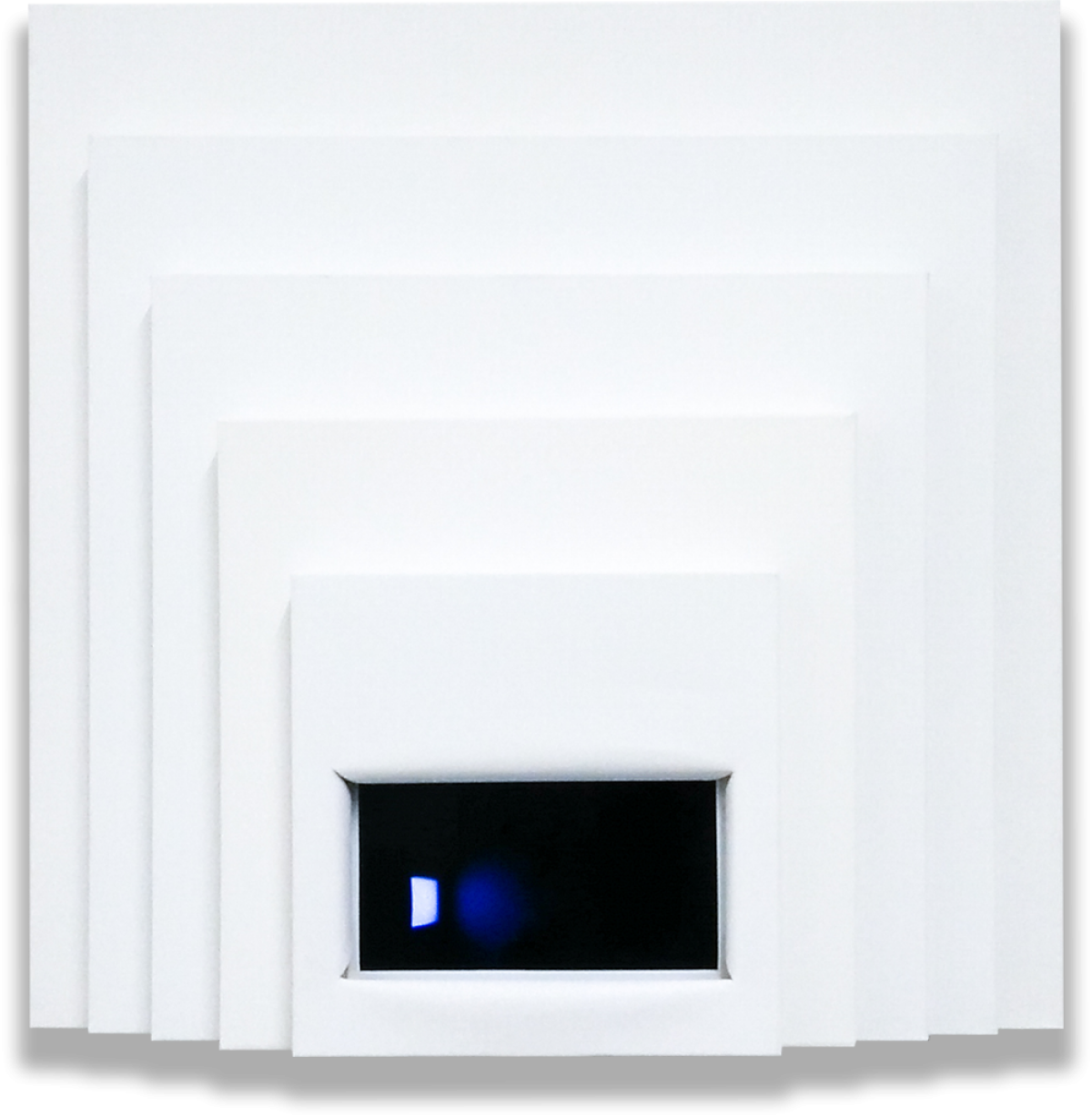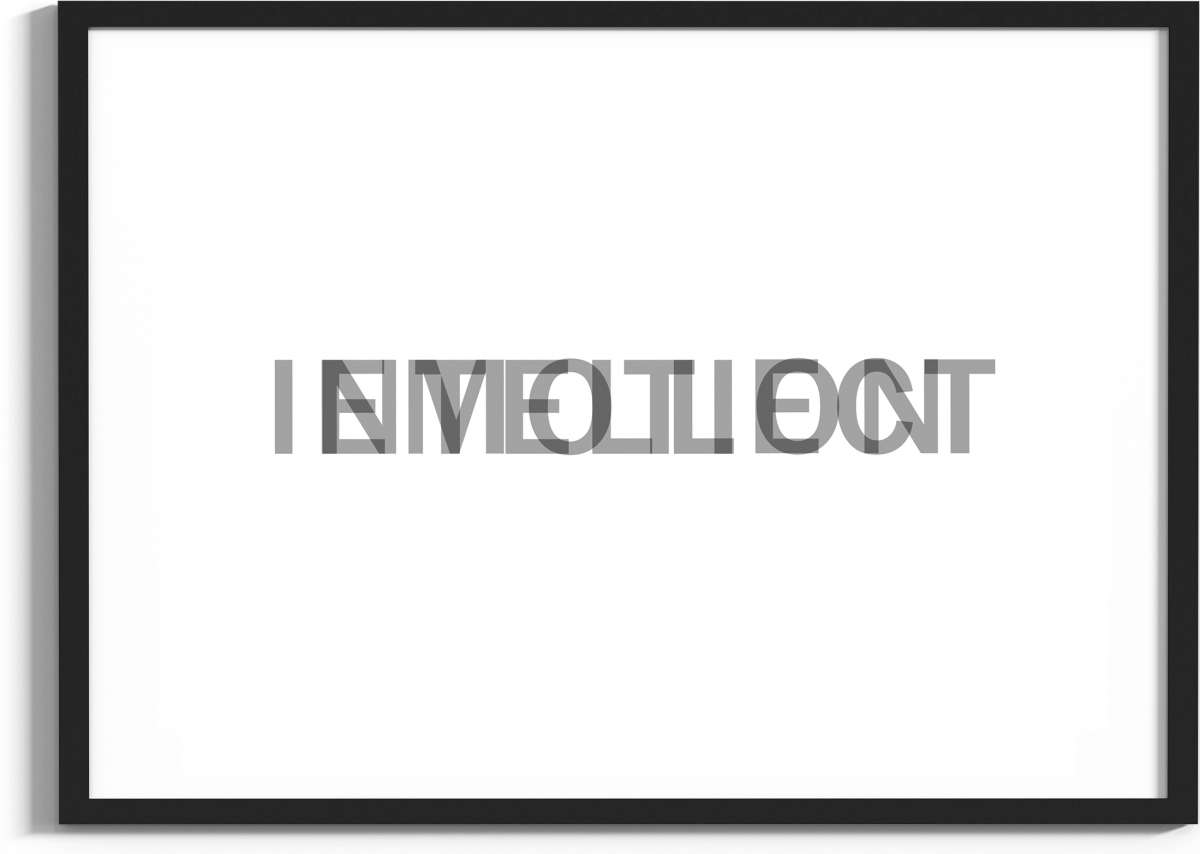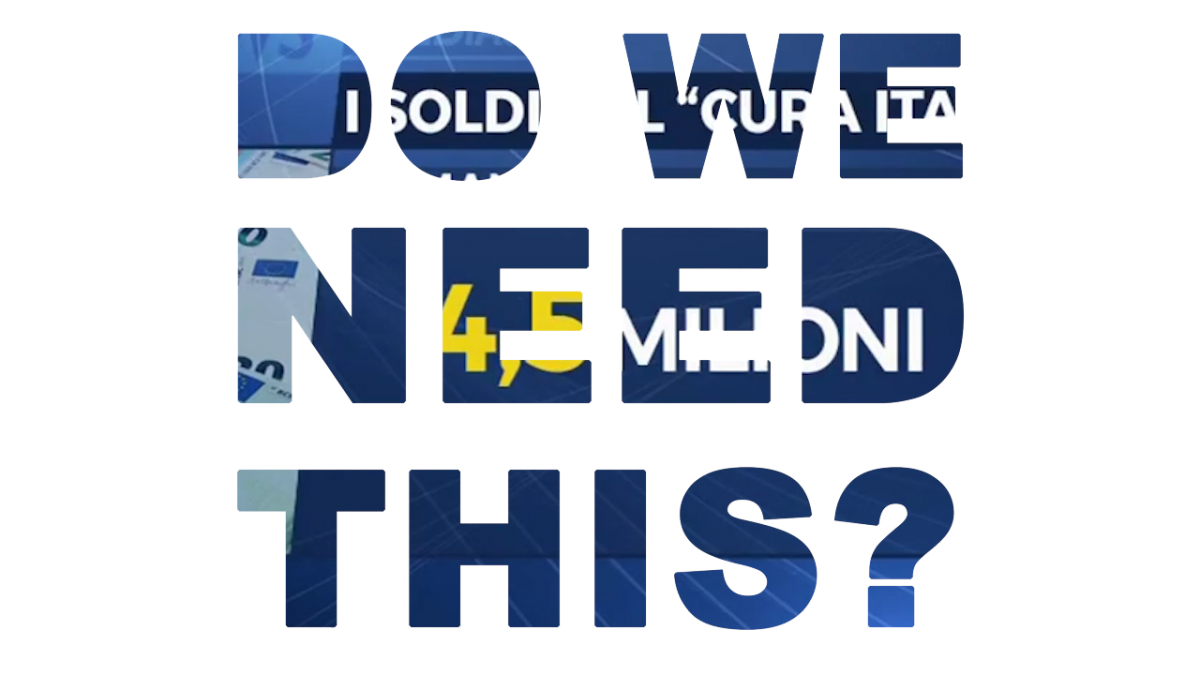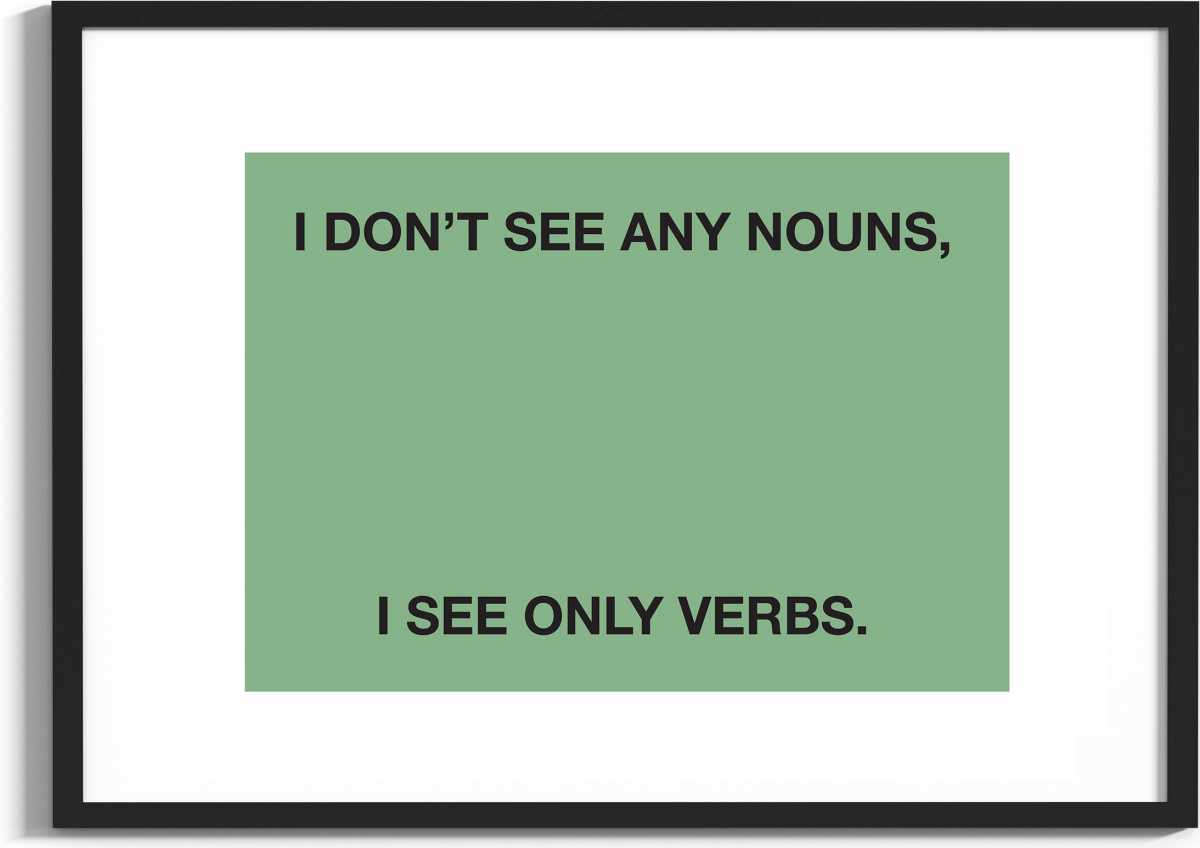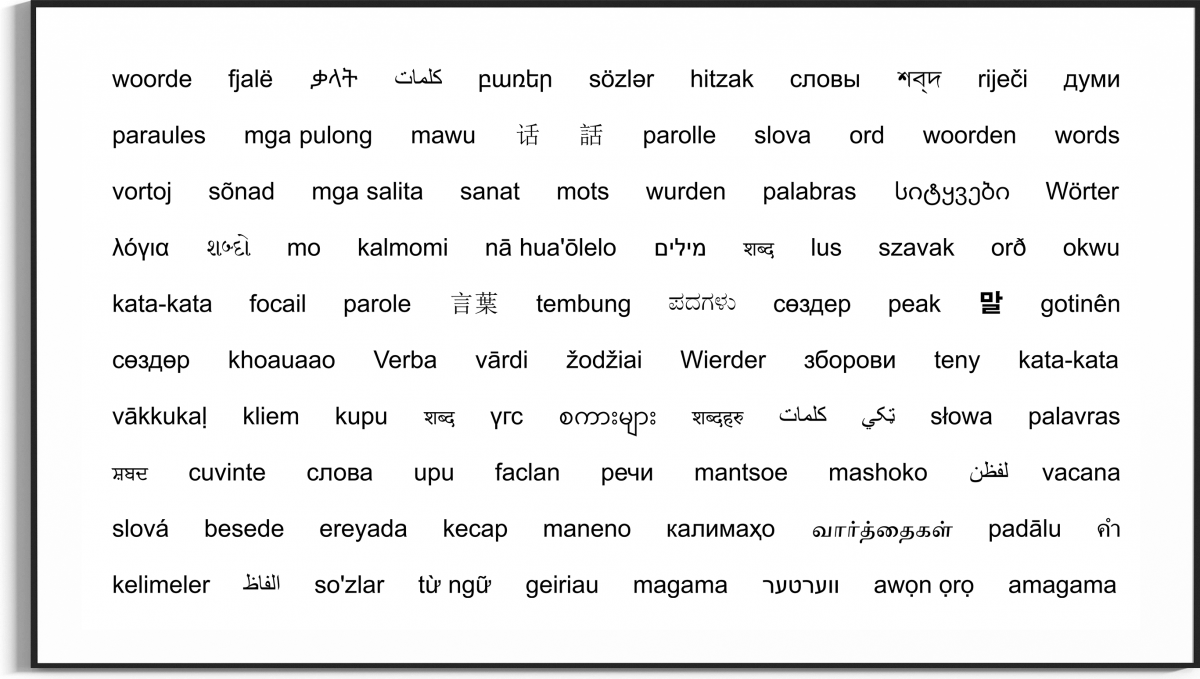I cookie ci aiutano a fornire i nostri servizi. Utilizzando tali servizi, accetti l'utilizzo dei cookie da parte nostra.
I don't know. Let's see!
Edson Luli
Prometeo Gallery is pleased to announce "I don't know. Let's see!" the first online exhibition of the artist Edson Luli (Shkoder, Albania, 1989).
The exhibition is visible from April 16 to May 3 by clicking on the following link: I don't know. Let's see!
In our hyper-modern society, which culminates in the computerisation of life, the social system intervenes in an increasingly massive and pervasive way in the processes of cultural tradition and integration. In fact, we live today in a condition of growing masses of knowledge that are accelerated in their acquisition and removal, without an effective socio-cultural rooting.
So how can we be aware of the temporal process in which perceptions, abstractions, concepts and mental models are born? Knowing can be a matter of timing.
How can we evaluate our inner life? What is it all about? How do we behave? The standards of evaluation, which apply to all sciences as to all our affairs, are predictability and experimentation.
Some of these standards cannot be avoided: we are born in a set of values. That is why we have a set of knowledge that we are aware of and able to understand, that we have received from society and that we use on a daily basis. The problem of education is a problem on which we have been deceived since the beginning of humankind. From the moment a child is born he/she is educated. Neuro-semantic factors are at work, and in particular neuro-linguistic reactions as human environments are verbal. And it is in these environments that we also assume another set of knowledge of which we are aware without understanding it. The organism, which learns as a whole, knows that ignorance is fine, but false knowledge makes it unhappy. And then, perhaps paradoxically, what we call the universe, as well as the reasons we advance in response to the existence and non-existence of everything, is a set of ideas so abstract that they are not perceptible.
After all, predictability implies factors of sanity. It saves us from the shock of surprise. And nothing is more difficult than discovering the obvious. This is why we end up relying on that set of factors that exist as causes and that can have a multiplicity of effects, which in turn become new causes, from which emerges - almost inevitably - an immensely complex environment in which the natural order, based on asymmetrical relations, pervades and nourishes the socio-cultural dimension. The nervous system is the result of the impact of the environment.
Our existence seems to be an infinite universe of influences where everything around us is designed to distract us from real problems. It is as if the culture of contemporary society has created the need to always seek a meaning, a value to add to everything that appears before our senses. This is why language offers itself to us as a means of orientation. So we can distinguish words from noises. And we can use words as symbols, not as signals. We also risk blowing up because of words we don't like, because we have symbolic reactions for every affair that concerns us.
Is it possible to clear our human messes by scientific method? This is a question of the investigation of facts, not speculation. God may forgive your sins but your nervous system won't.


